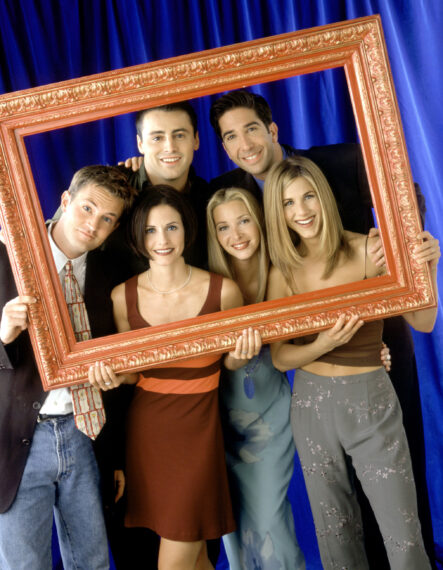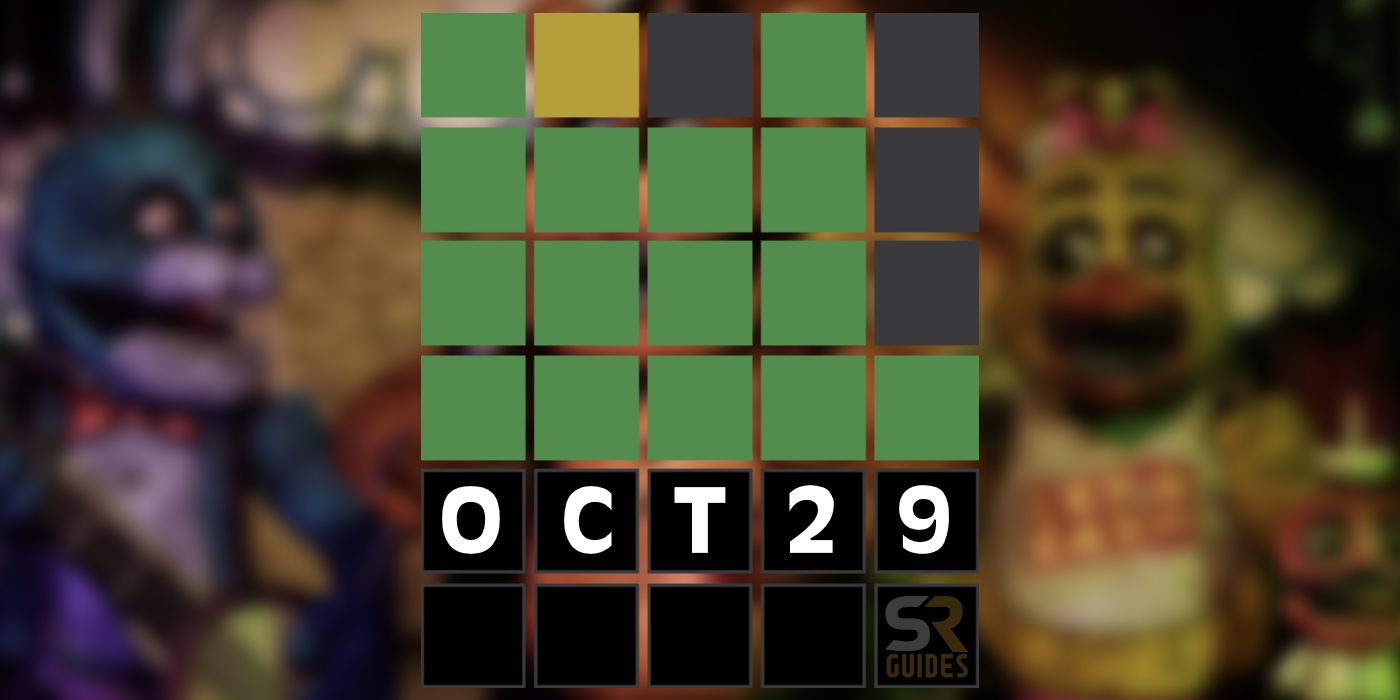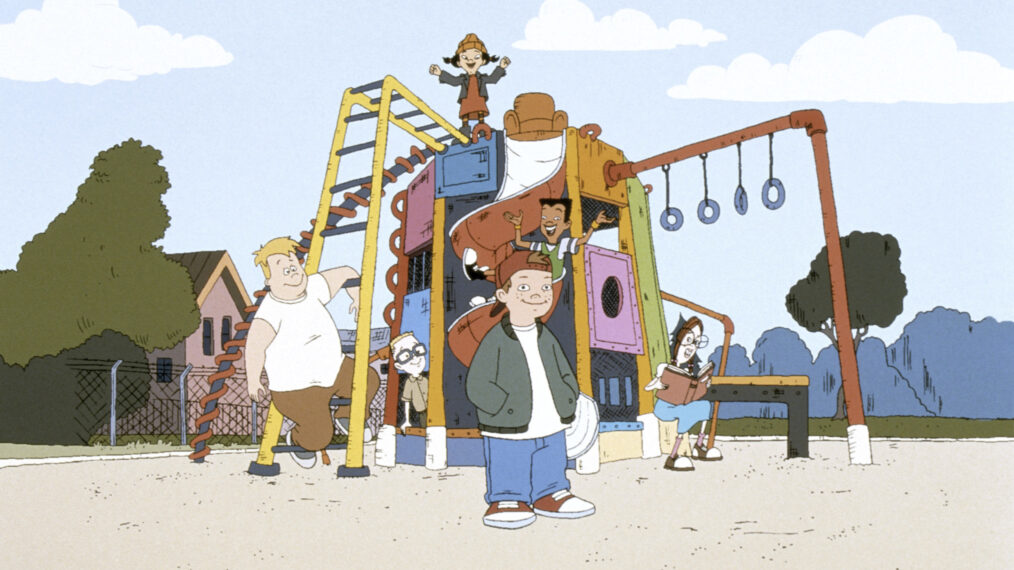Yesterday, a group of writers, editors, and academics known as the Writers Against the War on Gaza (WAWOG)—an ad hoc coalition committed to solidarity and the horizon of liberation for the Palestinian people and modeled on American Writers Against the War in Vietnam—published this statement of solidarity/open letter:
Israel’s war against Gaza is an attempt to conduct genocide against the Palestinian people. This war did not begin on October 7th. However, in the last 19 days, the Israeli military has killed over 6,500 Palestinians, including more than 2,500 children, and wounded over 17,000. Gaza is the world’s largest open-air prison: its 2 million residents—a majority of whom are refugees, descendants of those whose land was stolen in 1948—have been deprived of basic human rights since the blockade in 2006. We share the assertions of human rights groups, scholars, and, above all, everyday Palestinians: Israel is an apartheid state, designed to privilege Jewish citizens at the expense of Palestinians, heedless of the many Jewish people, both in Israel and across the diaspora, who oppose their own conscription in an ethno-nationalist project.
We come together as writers, journalists, academics, artists, and other culture workers to express our solidarity with the people of Palestine. We stand with their anticolonial struggle for freedom and for self-determination, and with their right to resist occupation. We stand firmly by Gaza’s people, victims of a genocidal war the United States government continues to fund and arm with military aid—a crisis compounded by the illegal settlement and dispossession of the West Bank and the subjugation of Palestinians within the state of Israel.
We stand in opposition to the silencing of dissent and to racist and revisionist media cycles, further perpetuated by Israel’s attempts to bar reporting in Gaza, where journalists have been both denied entry and targeted by Israeli forces. At least 24 journalists in Gaza have now been killed. Internationally, writers and cultural workers have faced severe harassment, workplace retribution, and job loss for expressing solidarity with Palestine, whether by stating facts about their continued occupation, or for amplifying the voices of others. These are instances that mark severe incursions against supposed speech protections. Specious charges of antisemitism are leveled against Zionism’s critics; political repression has been particularly aggressive against the free speech of Muslim, Arab, and Black people living in the US and across the globe. As was the case following the September 11th attacks, Islamophobic political fervor and the widespread circulation of unsubstantiated claims has galvanized a US-led coalition of military support for a brutal campaign of violence.
What can we do to intervene against Israel’s eliminationist assault on the Palestinian people? Words alone cannot stop the onslaught of devastation of Palestinian homes and lives, backed shamelessly and without hesitation by the entire axis of Western power. At the same time, we must reckon with the role words and images play in the war on Gaza and the ferocious support they have engendered: Israel’s defense minister announced the siege as a fight against “human animals”; even as we learned that Israel had rained bombs down on densely populated urban neighborhoods and deployed white phosphorus in Gaza City, the New York Times editorial board wrote that “what Israel is fighting to defend is a society that values human life and the rule of law”; establishment media outlets continue to describe Hamas’s attack on Israel as “unprovoked.” Writers Against the War on Gaza rejects this perversion of meaning, wherein a nuclear state can declare itself a victim in perpetuity while openly enacting genocide. We condemn those in our industries who continue to enable apartheid and genocide. We cannot write a free Palestine into existence, but together we must do all we possibly can to reject narratives that soothe Western complicity in ethnic cleansing.
We act alongside other writers, scholars, and artists who have expressed solidarity with the Palestinian cause, drawing inspiration from the Palestinian spirit of sumud, steadfastness, and resistance. Since 2004, the Palestinian Campaign for the Academic and Cultural Boycott of Israel (PACBI) has advocated for organizations to join a boycott of institutions representing the Israeli state or cultural institutions complicit with its apartheid regime. We call on all our colleagues working in cultural institutions to endorse that boycott. And we invite writers, editors, journalists, scholars, artists, musicians, actors, and anyone in creative and academic work to sign this statement. Join us in building a new cultural front for a free Palestine.
So far, the letter has received over 4000 signatures, including those of Ocean Vuong, Lilly Wachowski, Leslie Jamison, Jia Tolentino, Jonathan Lethem, Valeria Luiselli, Jamel Brinkley, Jami Attenberg, Laura van den Berg, Alexandra Kleeman, NoViolet Bulawayo, Max Porter, and Maaza Mengiste.
If you’re an American writer, editor, journalist, educator, or cultural worker who finds yourself horrified by the ongoing carnage in Gaza, horrified at the near unanimity of approval this situation has received in Congress, horrified by the stifling of dissent and the threats to the livelihoods of your artistic peers, please sign and share this letter.

























































